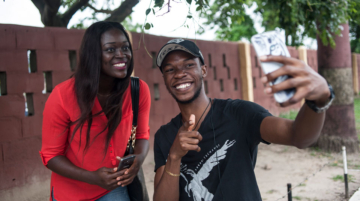A number of governments across the continent are proactively ramping up temperature screenings at ports of entry and proactively starting to issue public communications to reassure their publics that, so far, the virus has not made landfall.
The glaring exception, though, is Ethiopia. The government has spent heavily over the years to position the country, Addis Ababa in particular, as a central hub for China-Africa trade, logistics, and transportation. Ethiopian Airlines is now the dominant airline shuttling people between the two regions with daily flights from two of China’s largest cities. So it’s somewhat surprising that Ethiopia and its national flag carrier have been slow to publicly respond to coronavirus outbreak and to reassure an increasingly anxious public on social media that they are both taking measures to do their part to help prevent an outbreak in Africa.













